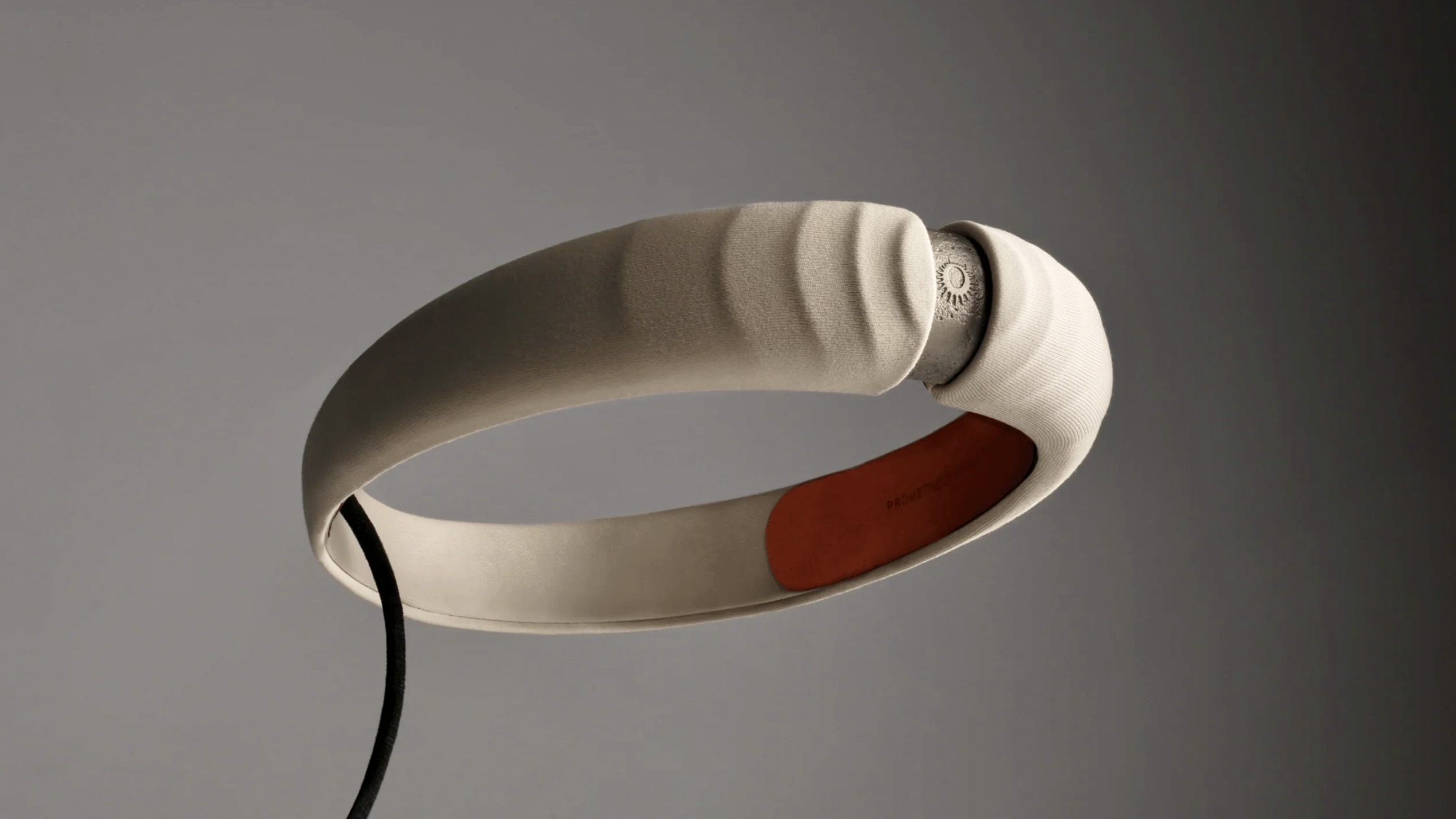
Peter Ray Allison
Peter is a degree-qualified engineer and experienced freelance journalist, specializing in science, technology and culture. He writes for a variety of publications, including the BBC, Computer Weekly, IT Pro, the Guardian and the Independent. He has worked as a technology journalist for over ten years.
Peter has a degree in computer-aided engineering from Sheffield Hallam University. He has worked in both the engineering and architecture sectors, with various companies, including Rolls-Royce and Arup. It was while working in a team of consulting engineers that he became fascinated with journalism. Peter first wrote part-time, but soon became a full-time freelance journalist.
In pursuit of his writing, Peter has interviewed Professor Freeman Dyson, stuck his head inside a fusion reactor and asked awkward questions of several government ministerial departments. He has discussed his articles on national radio, been quoted on television, had his articles translated into other languages and appeared on a New Zealand breakfast television show.
Latest articles by Peter Ray Allison
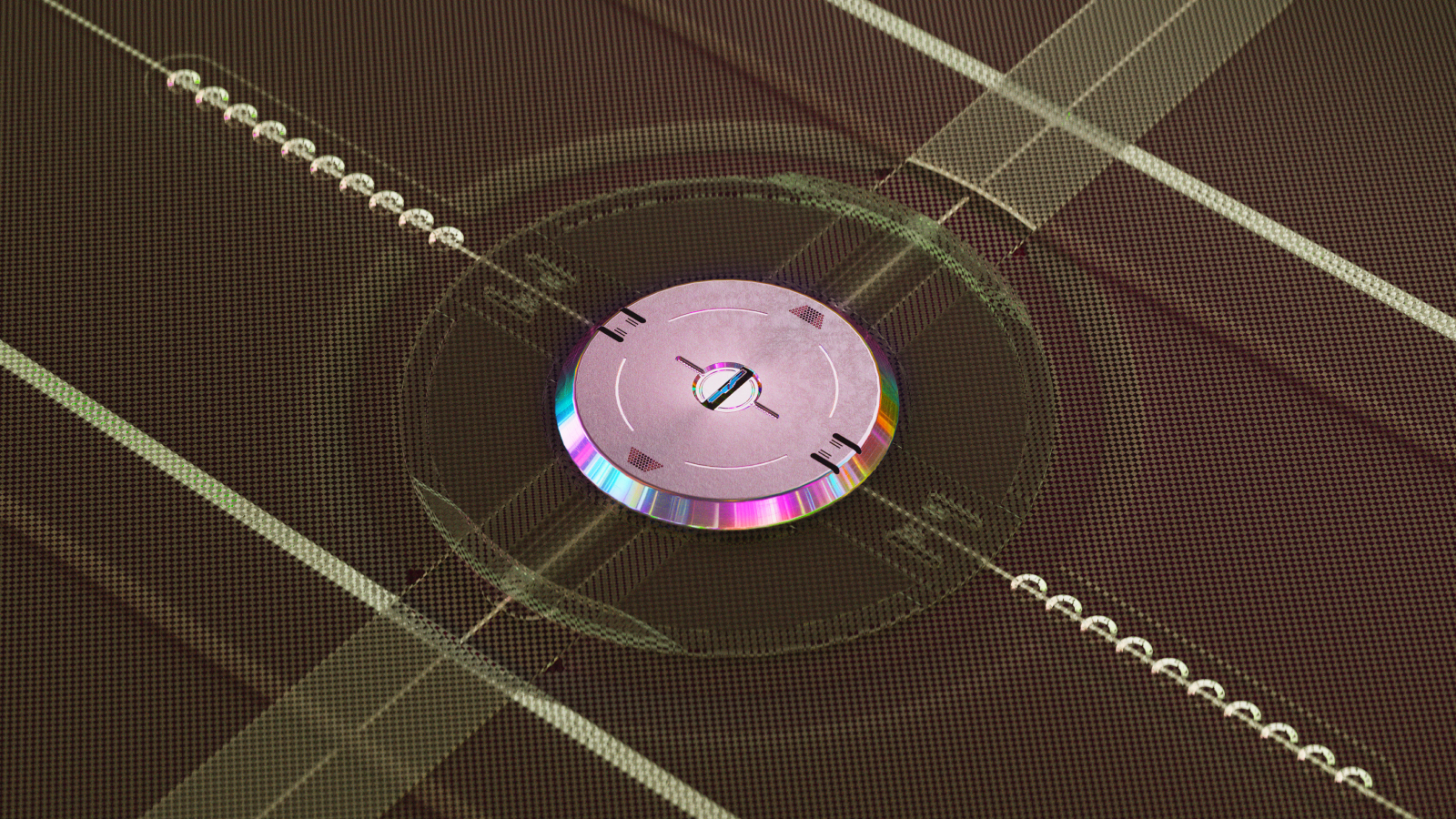
Scientists create ultra-efficient magnetic 'universal memory' that consumes much less energy than previous prototypes
By Peter Ray Allison published
MRAM can be energy-intensive, but a new generation of this technology will enable greater computing power and resilience, as well as much lower energy requirements.

Scientists discover simpler way to achieve Einstein's 'spooky action at a distance' thanks to AI breakthrough — bringing quantum internet closer to reality
By Peter Ray Allison published
AI has helped physicists discover a simpler way of achieving quantum entanglement. This finding could make it easier to develop quantum communication technologies.
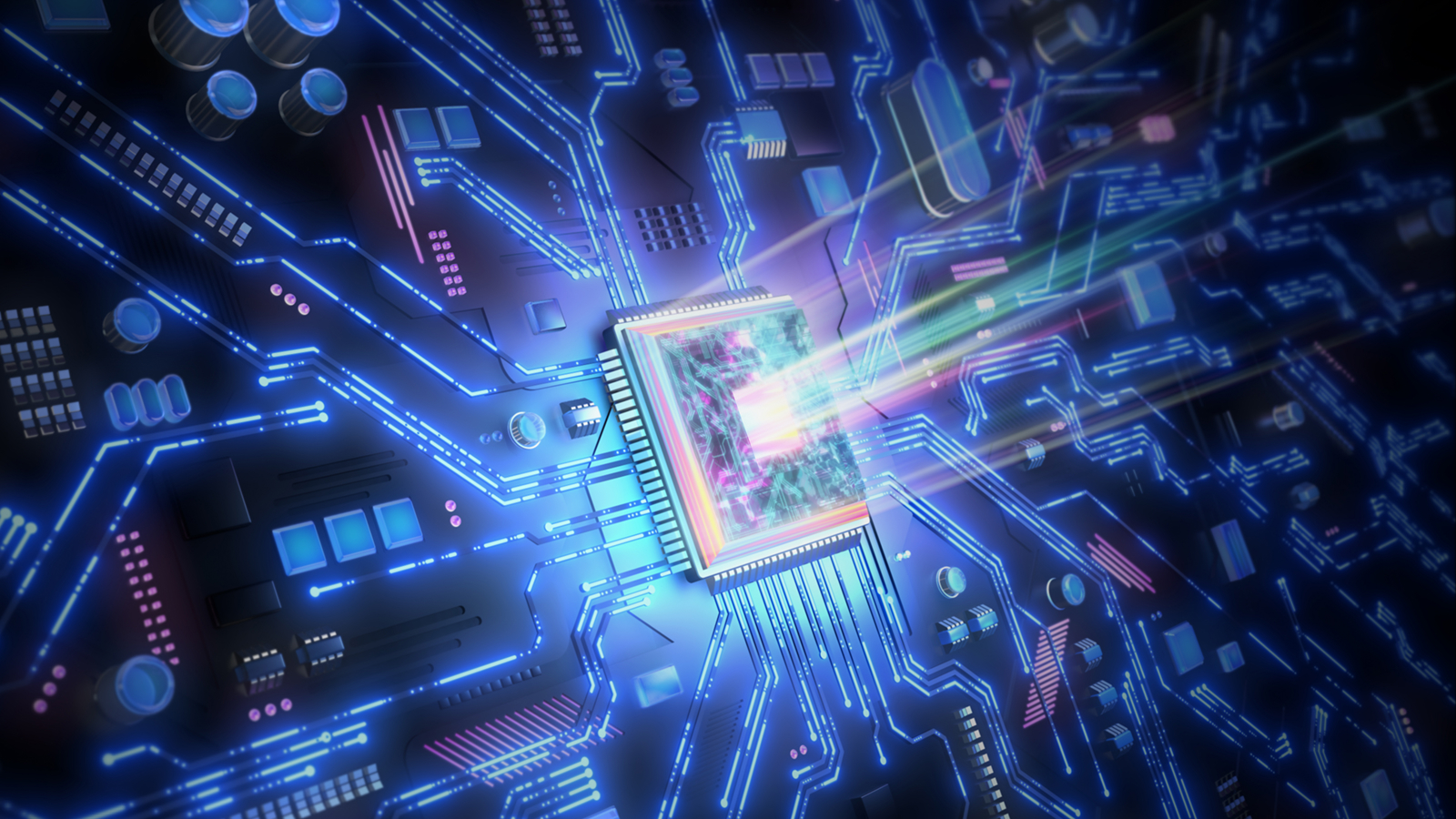
Scientists create world's 1st chip that can protect data in the age of quantum computing attacks
By Peter Ray Allison published
Scientists in Switzerland have developed a new method to improve internet security against quantum computing attacks, using quantum-resistant encryption and a new type of hardware.
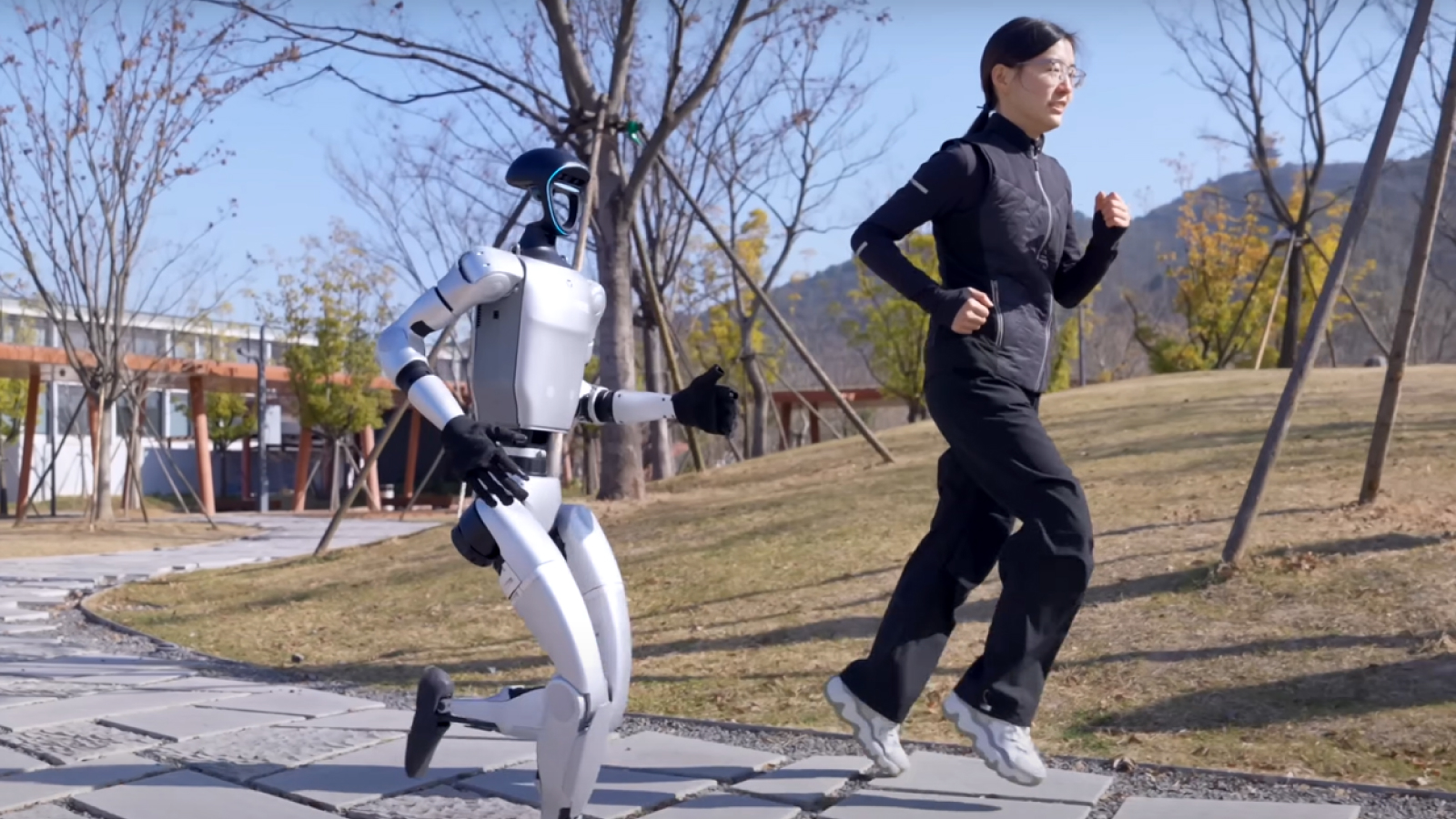
Watch bipedal robots running in a more human-like way than ever thanks to major vision upgrade
By Peter Ray Allison published
Bipedal robots have found navigating uneven terrain a steep challenge but a new hardware upgrade means they can detect their environment and respond quicker than ever before.

Newly discovered quantum state could power more stable quantum computers — and a new 2D chip can tap into it
By Peter Ray Allison published
Scientists in Korea using 2D semiconducting materials discovered a new quantum state that could pave the way for more reliable data storage in quantum computers.
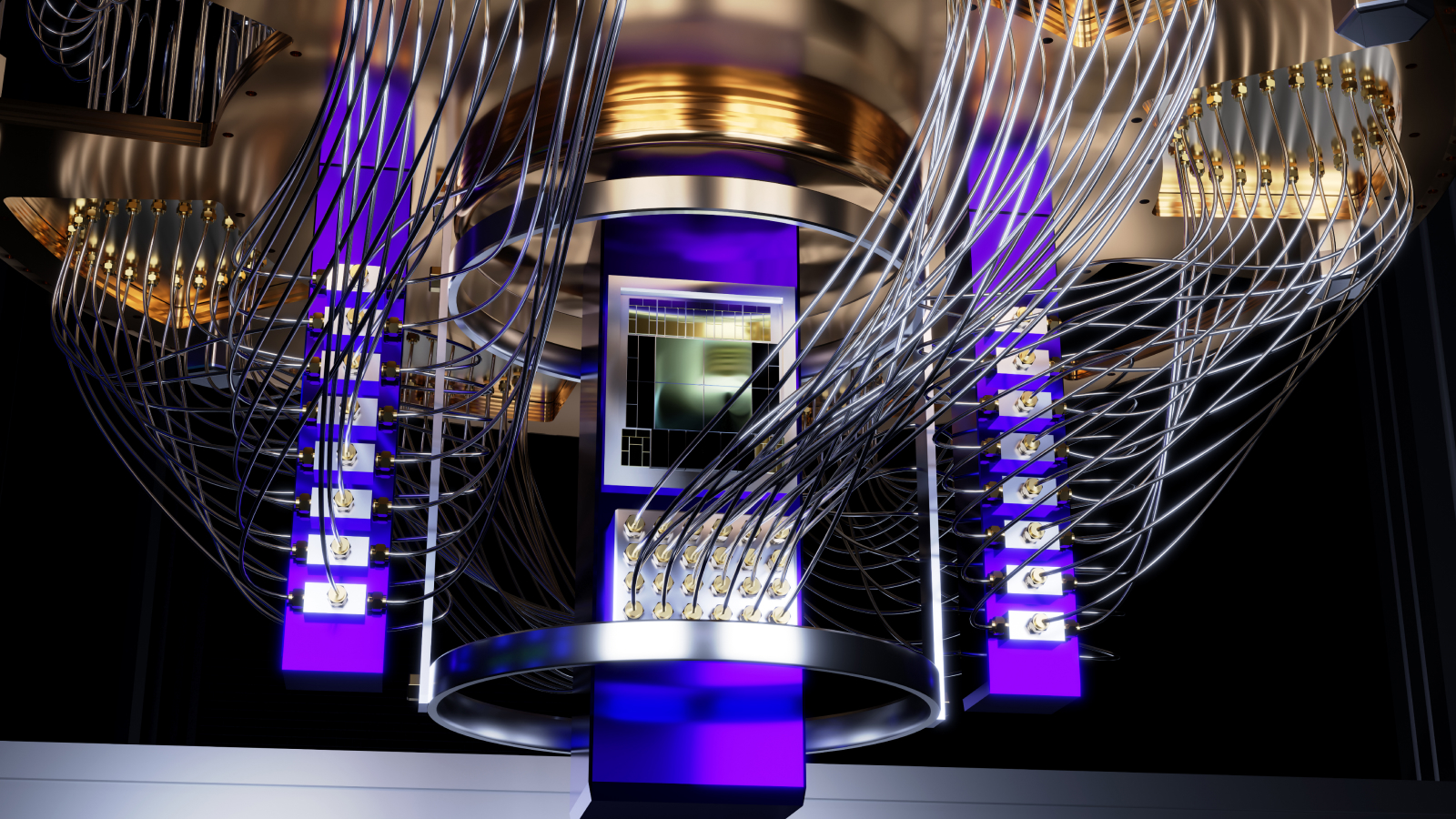
Qubits inspired by 'Schrödinger's cat' thought experiment could usher in powerful quantum computers by 2030
By Peter Ray Allison published
Quantum technology company Alice & Bob outlines its plan for quantum computing by 2030, but how feasible is that goal?

What is embodied AI?
By Peter Ray Allison published
Embodied AI enables robots and autonomous drones to interact with the real world, but how does it work?

Stealth destroyer 1st to carry hypersonic missiles that travel 5 times the speed of sound — with testing imminent
By Peter Ray Allison published
The Zumwalt-class stealth destroyers will mounted with experimental hypersonic weapon systems, but what makes this technology so lethal?

Chinese scientists claim they have built a Death Star-inspired beam weapon
By Peter Ray Allison published
Chinese scientists claim they have made a converging energy beam weapon — but did they really, or have they been watching too much Star Wars?
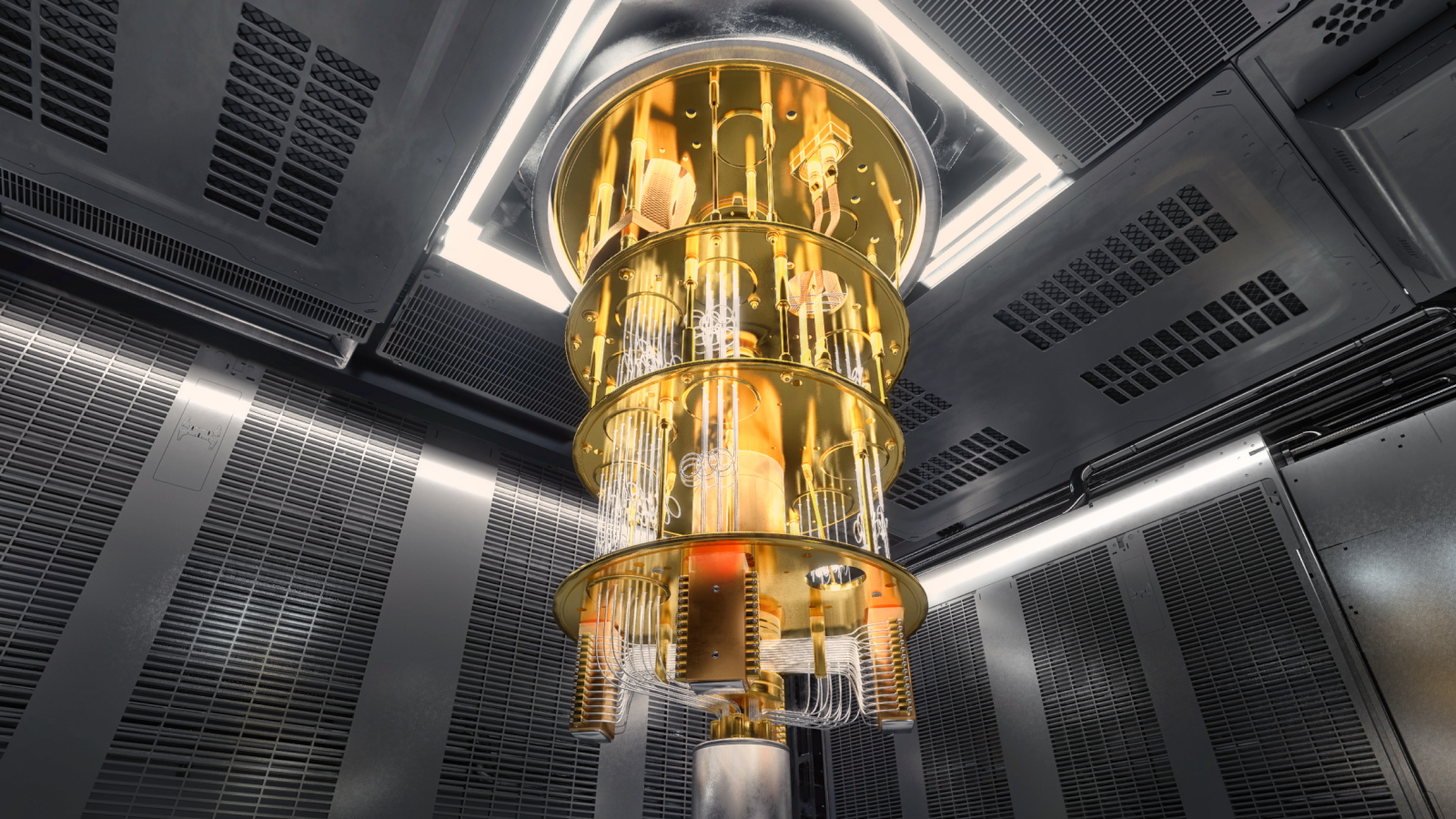
New 'gold-plated' superconductor could be the foundation for massively scaled-up quantum computers in the future
By Peter Ray Allison published
New superconducting material paves the way for the next stage in quantum computing

Future passenger planes could use AI to eliminate turbulence and maintain a smooth in-flight experience
By Peter Ray Allison published
Turbulence in airplanes could become a thing of the past with FALCON, a new AI system that helps vehicles learn how to adjust to turbulence within a matter of minutes.

Computers normally can't see optical illusions — but a scientist combined AI with quantum mechanics to make it happen
By Peter Ray Allison published
A deep neural network was trained using quantum tunneling to mimic the human ability to view optical illusions.

'Quantum CD' could hold up to 1,000 times more data than today's optical discs
By Peter Ray Allison published
The new study models how light spreads at the nanometer scale to understand how energy moves between rare earth emitters and the quantum defects within a solid material.

Chinese scientists claim they broke RSA encryption with a quantum computer — but there's a catch
By Peter Ray Allison published
Researchers claim to have broken RSA encryption using a quantum computer, but what really happened?
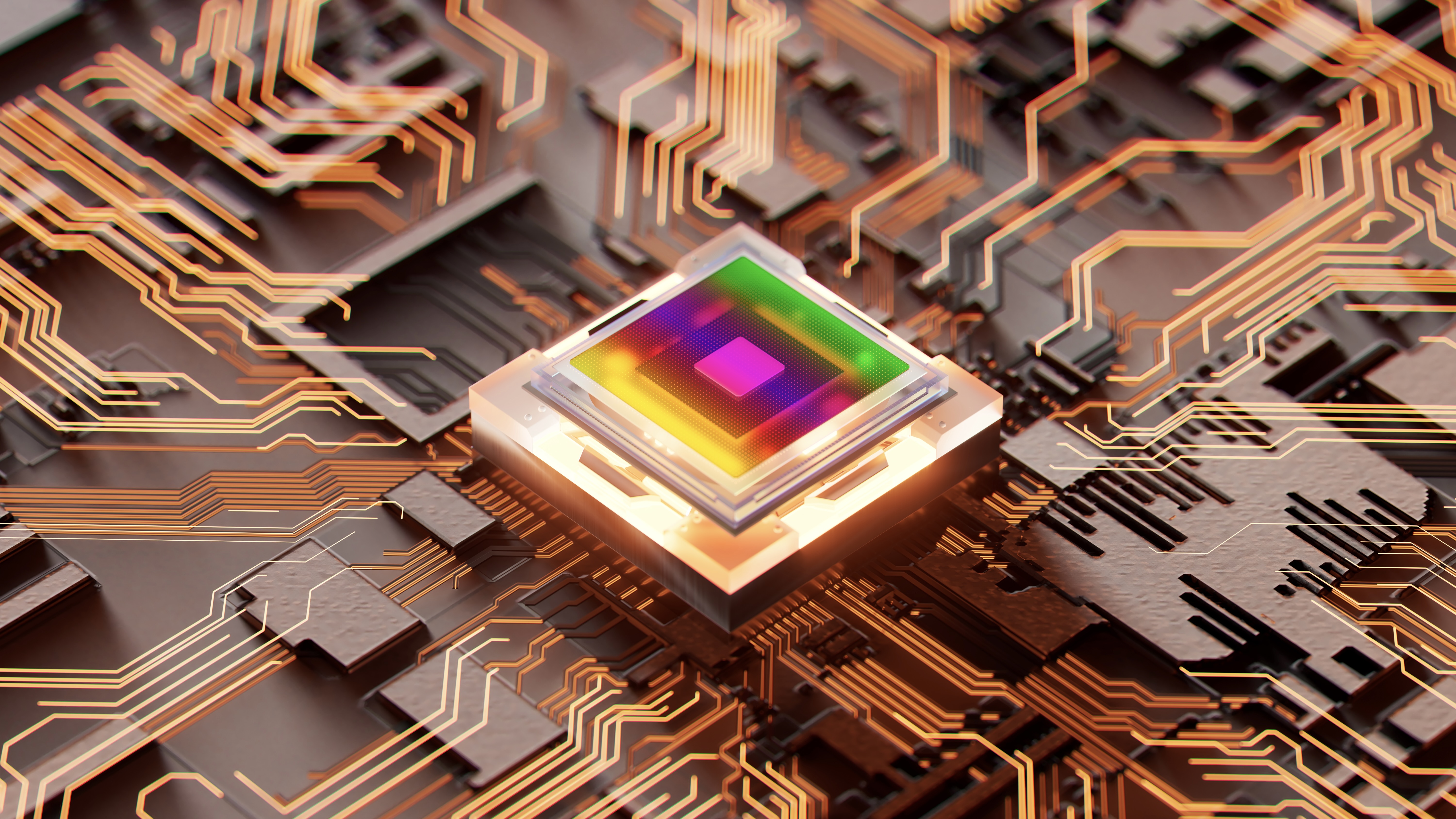
What is a quantum processing unit (QPU)?
By Peter Ray Allison published
At the core of a quantum computer is the quantum processor, but these technologies are vastly different from the CPUs found in conventional computers.
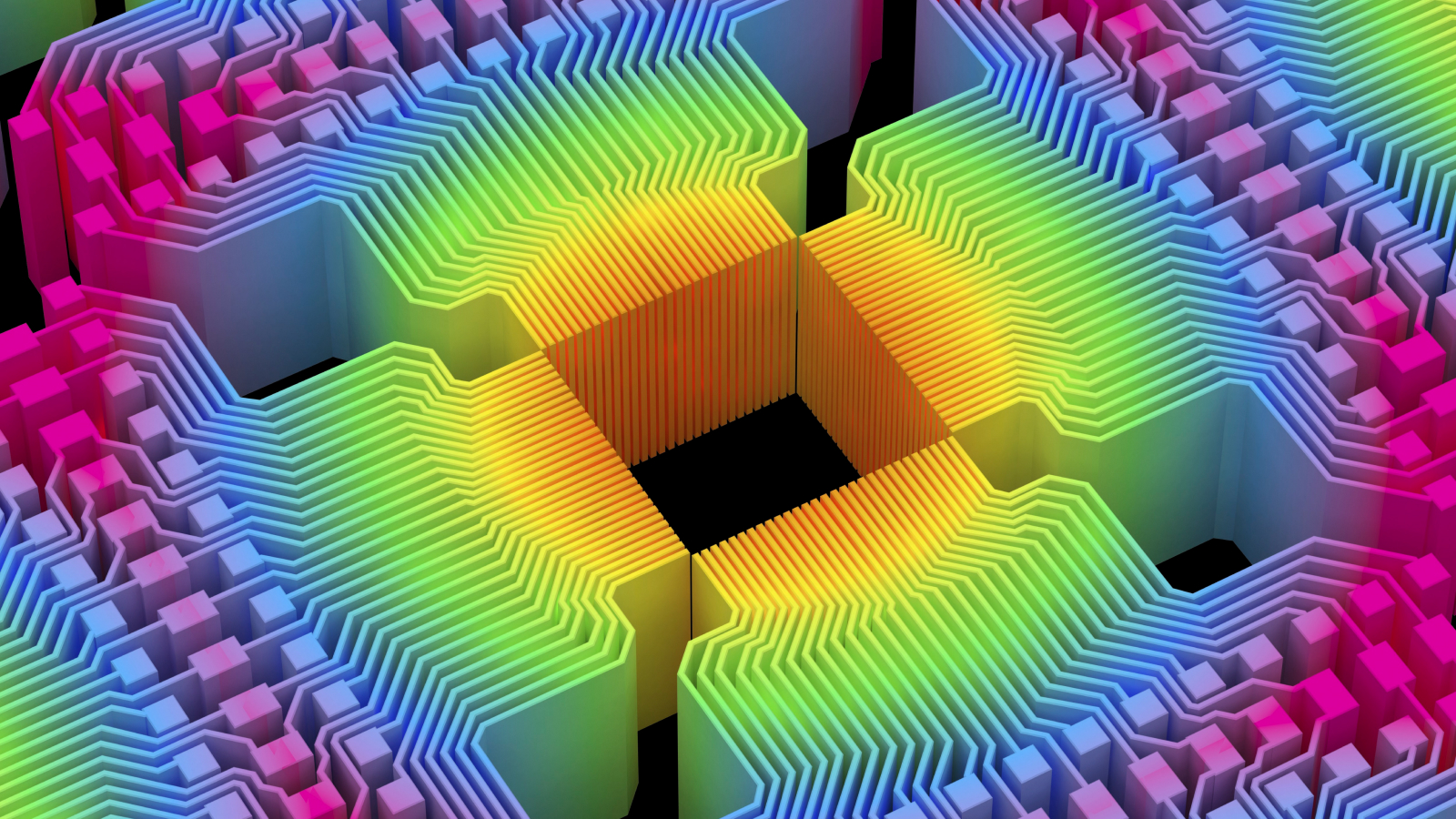
What is a quantum bit (qubit)?
By Peter Ray Allison published
Qubits are the fundamental building blocks of quantum computers — and, when fitted into these machines — rely on the weird laws of quantum mechanics to process calculations in parallel.

'Unbreakable' quantum communication closer to reality thanks to new, exceptionally bright photons
By Peter Ray Allison published
Scientists build a new light source for quantum communications by combining existing technologies together to create a stronger and more robust quantum signal.
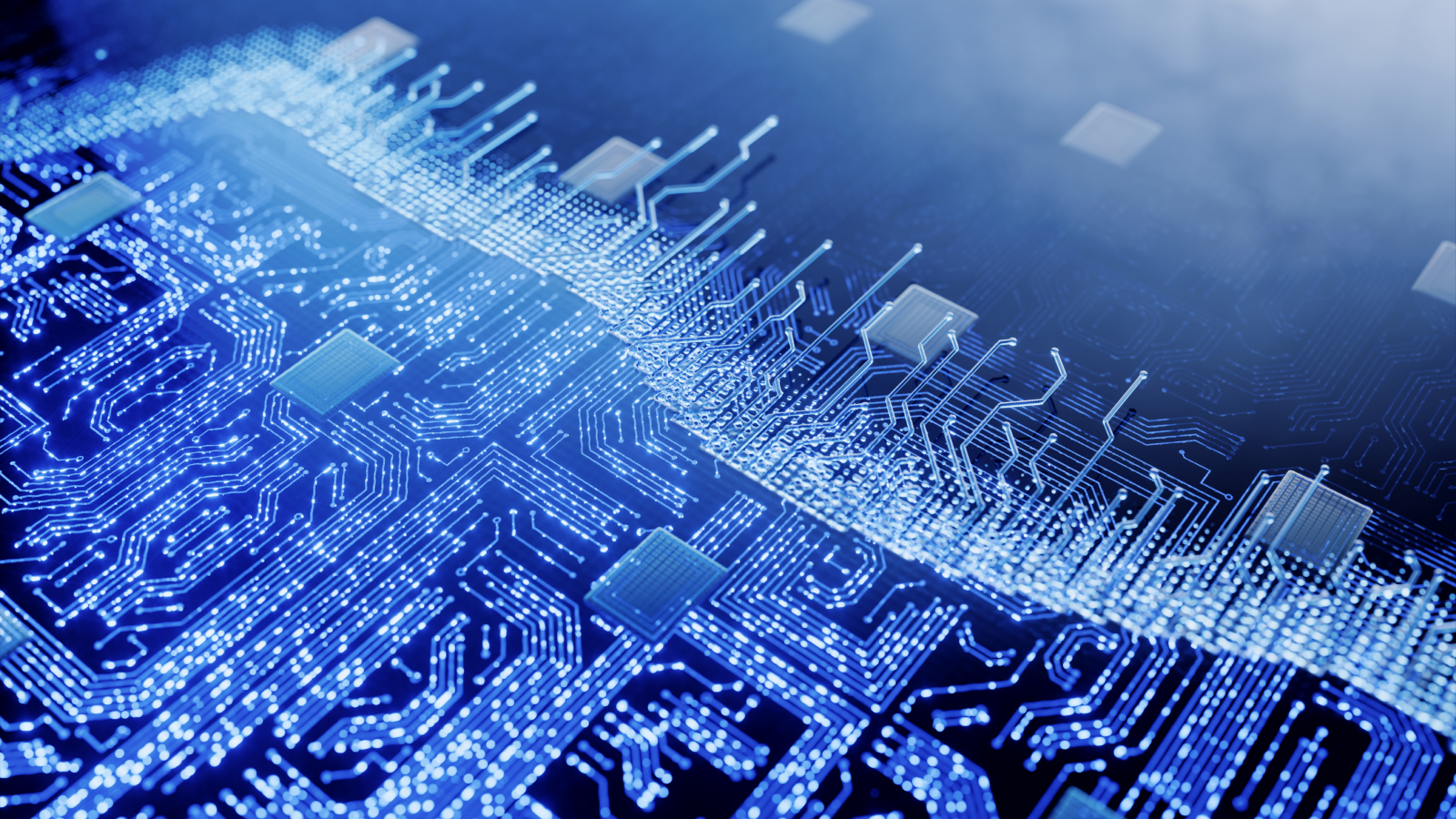
Tiny graphene-based magnetic devices could lead to much smaller — and way more powerful — processors in the future
By Peter Ray Allison published
The new device, called a magnetic tunnel junction, can be harnessed to pack more computing power onto a chip than was previously thought possible.
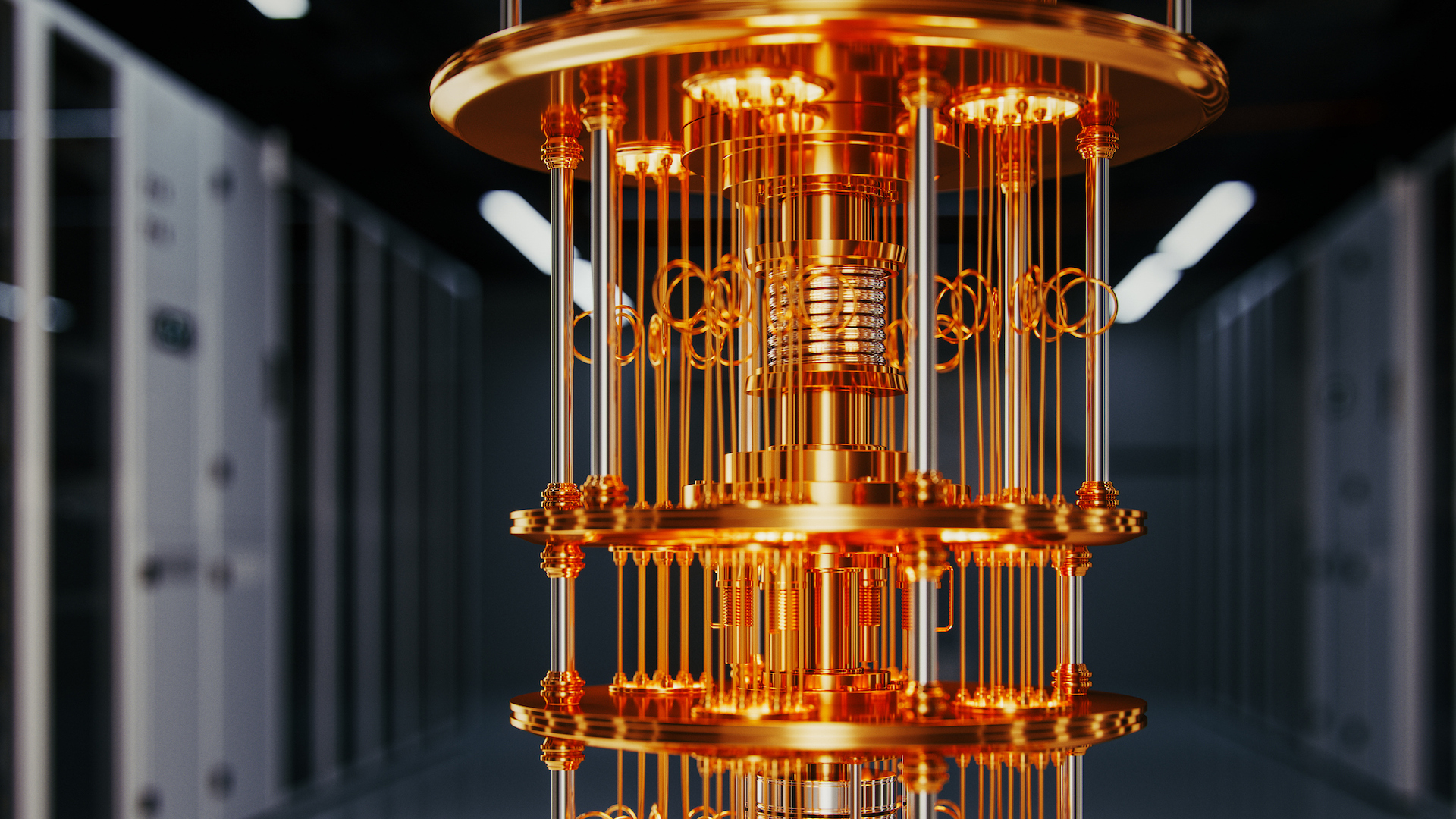
Bizarre device uses 'blind quantum computing' to let you access quantum computers from home
By Peter Ray Allison published
Quantum computers historically required massive amounts of space, but a new system will allow home users to access quantum computers via the cloud.

Scientists prove 'quantum theory' that could lead to ultrafast magnetic computing
By Peter Ray Allison published
Superfast magnetic memory devices are possible after scientists engineer way to use lasers to magnetize non-magnetic materials.
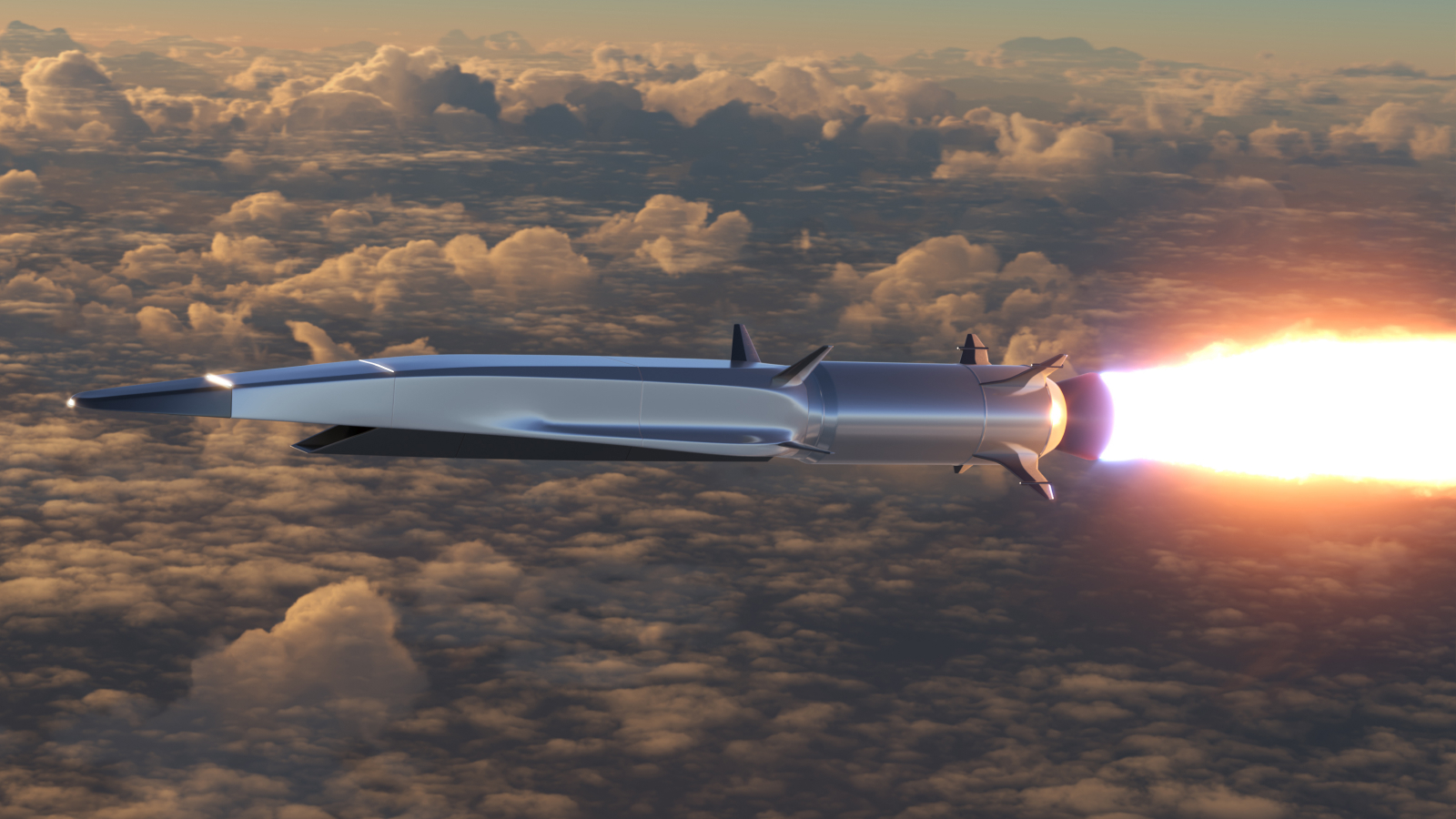
Superfast drone fitted with new 'rotating detonation rocket engine' approaches the speed of sound
By Peter Ray Allison published
Engineers have successfully flown a drone at near-supersonic speeds thanks to a new type of engine that burns like a rocket and could one day lead to hypersonic Mach 9 commercial flights.
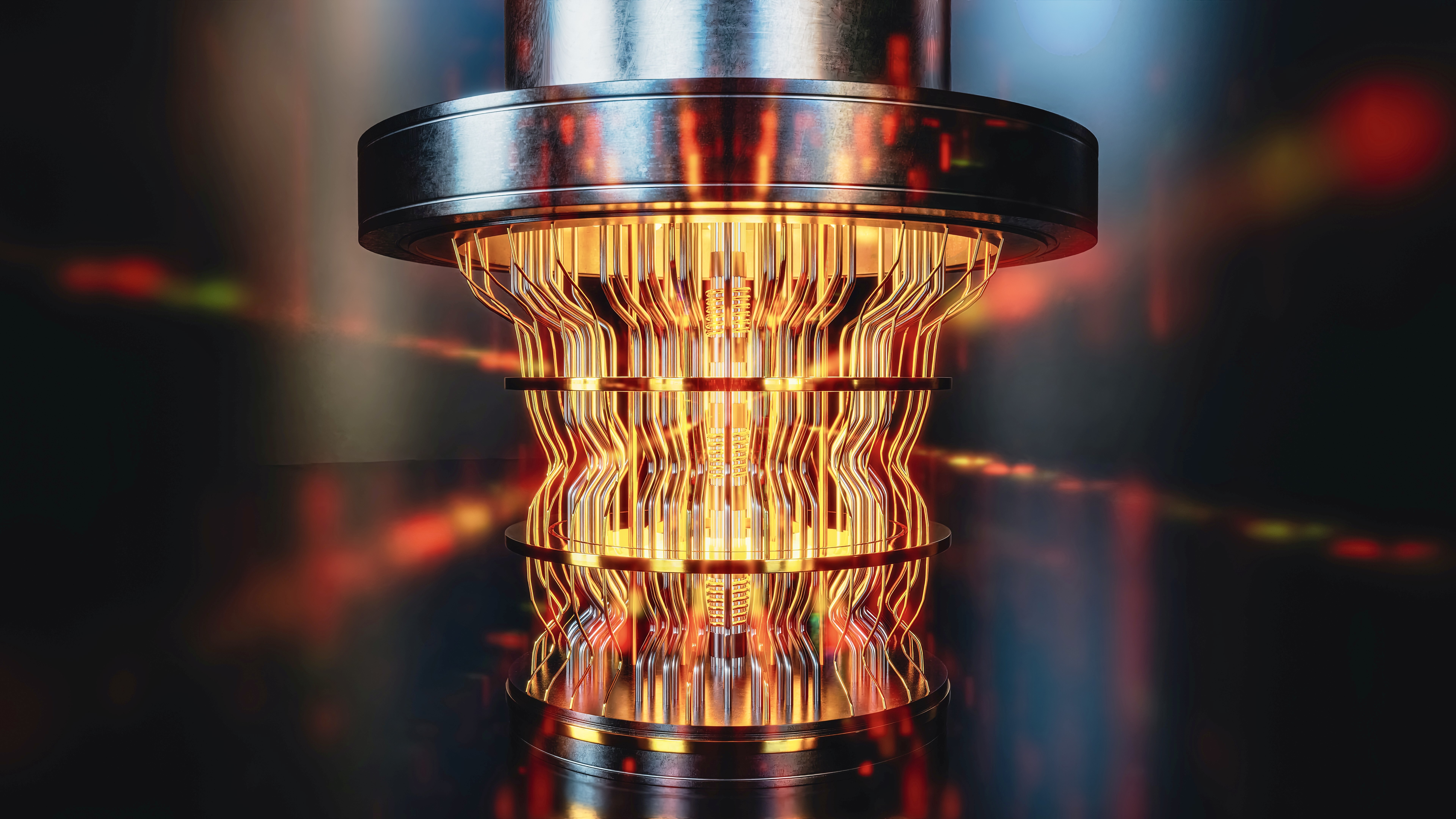
What is quantum computing?
By Peter Ray Allison last updated
Reference Quantum computing opens the door to ultra-powerful machines that can perform calculations that would take supercomputers millions of years.
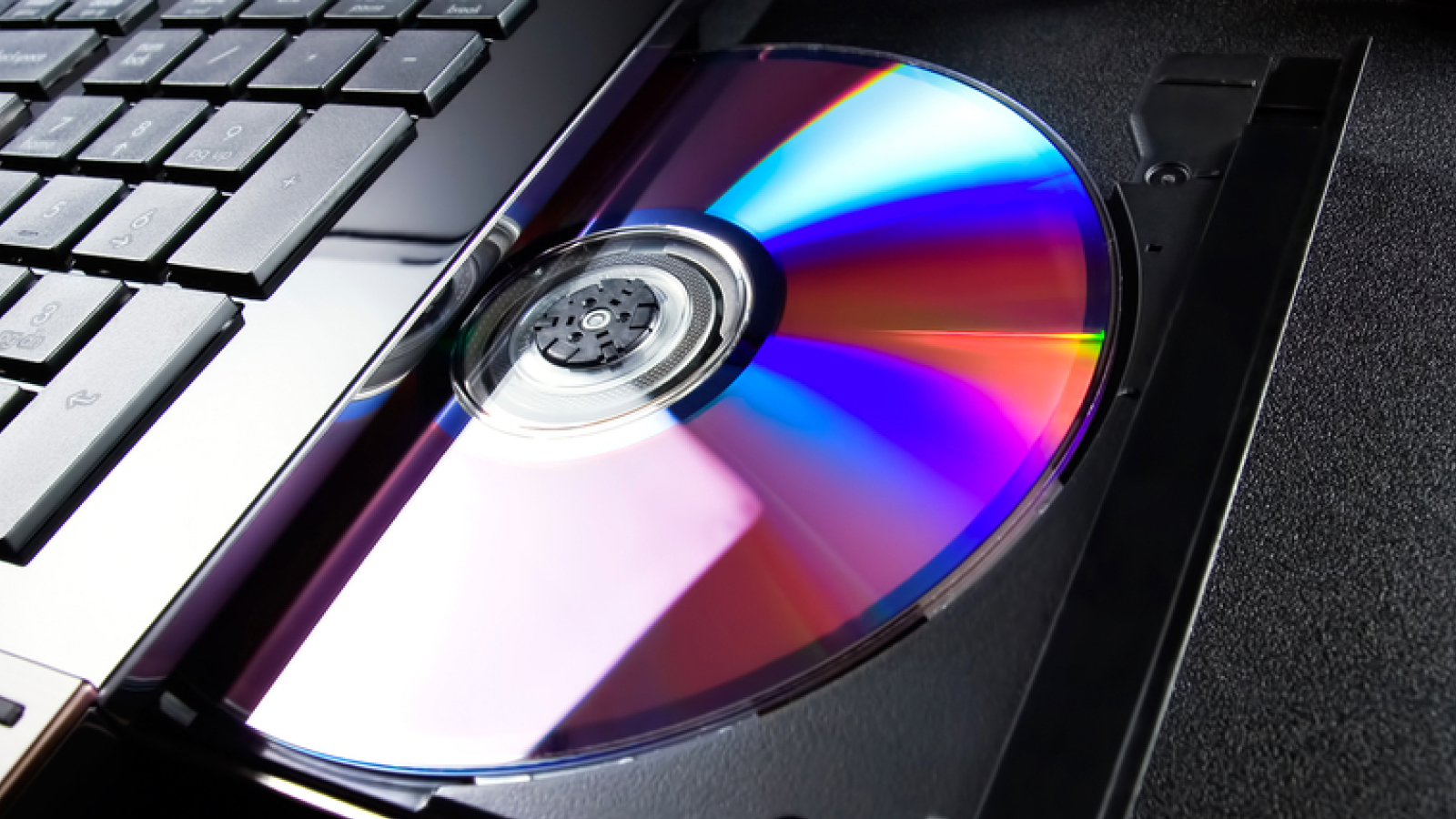
New 'petabit-scale' optical disc can store as much information as 15,000 DVDs
By Peter Ray Allison published
The new disc is based on a material called AIE-DDPR, which has a much higher storage density than other formats.
Sign up for the Live Science daily newsletter now
Get the world’s most fascinating discoveries delivered straight to your inbox.

